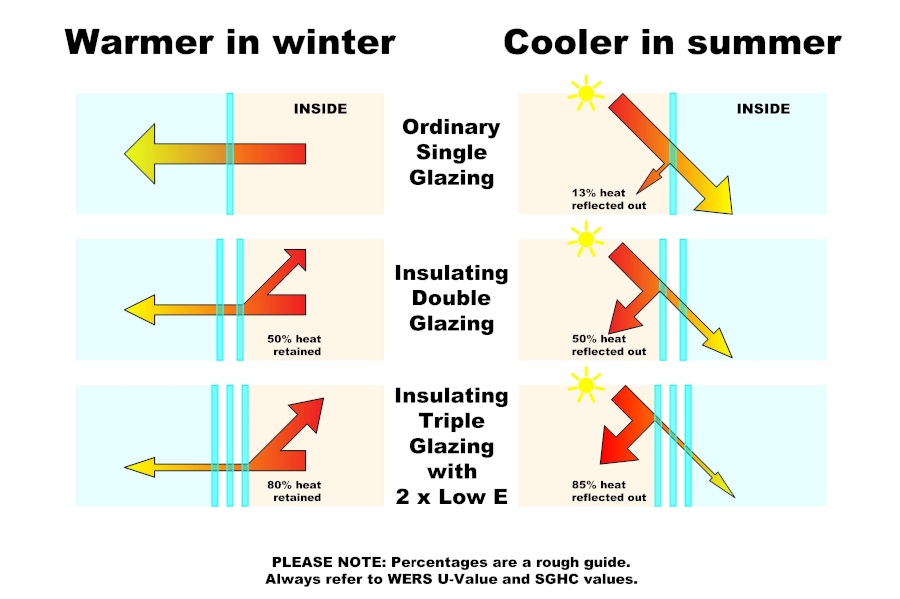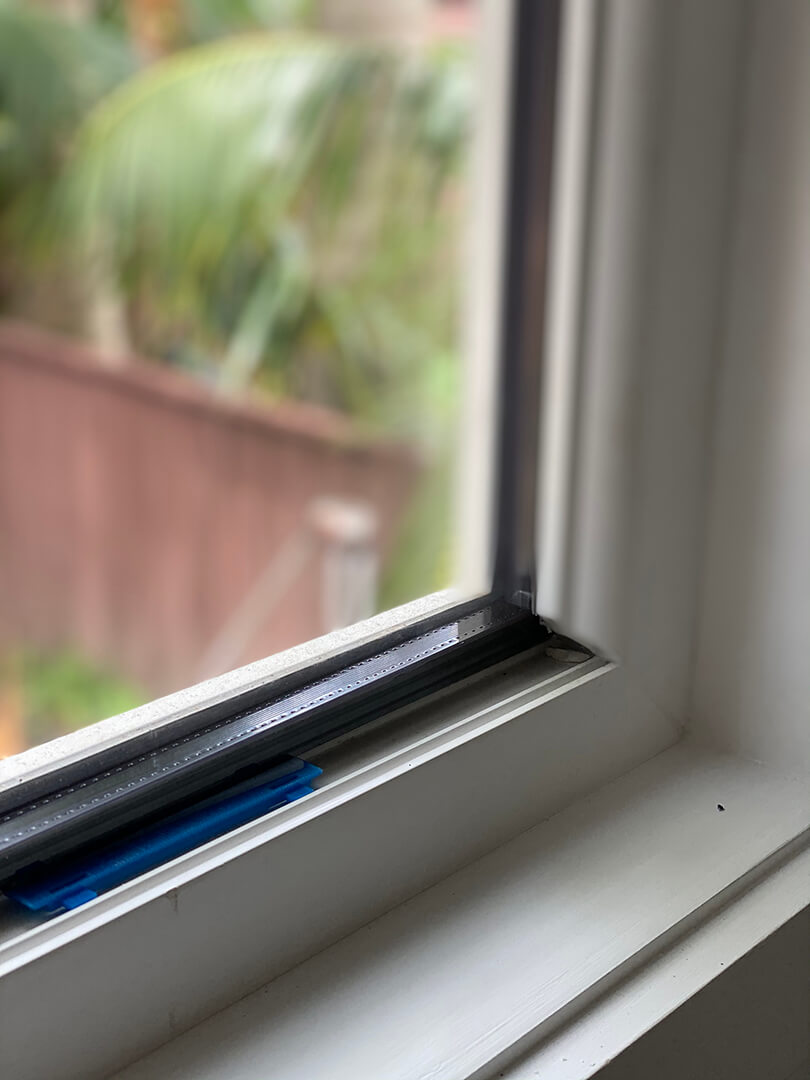All Categories
Featured
Table of Contents
Double Glazing For Warmer Temperature : R/melbourne in Munster WA
That window can send more solar heat in winter season than in summer. A west-facing window on a summer's afternoon has an angle of occurrence from near 0 approximately 30 with a big efficient location of solar radiation. A north-facing window, in summertime, has a high angle of occurrence and a low efficient location of solar radiation, so can send less heat than a west-facing one.

You can quickly and quickly enhance the thermal performance of your home by changing your windows. This is one of the most reliable approaches of remodelling to achieve improved thermal convenience. There are countless types of glass and frames to pick from. Choosing the best ones is very important to enhancing the energy performance of your house.
Double Glazing Vs Triple Glazing For Windows (2023) in Kensington Western Australia
There are many different kinds of glass items to pick from. Single glazing uses a single pane of glass. Single glazing with clear glass is not extremely effective when it comes to heat loss or gain. To improve performance, you can utilize single glazing with a more energy-efficient kind of glass such as low emissivity (low-e) glass.
Multiple layers can be put together with sealed cavities in between each sheet of glass. IGUs generally provide much better energy efficiency than single glazing, because they transfer less energy. The energy performance of IGUs likewise depends on: the homes of each layer of glass. Various glass types (for example, clear and low-e glass) can be created in an IGU.
Save Energy With Double Glazed Windows in Mindarie Western Australia

IGU cavities can be filled with air or a more inert, low-conductivity gas such as argon the width of the cavity. Cavity thickness is typically 6 to 18mm. Larger cavities offer lower (much better) U values, with 12mm usually accepted as the favored space how well the cavity is sealed. Cavities need to be dry and well sealed to avoid moisture getting in.
If argon is set up to the cavity in place of air, wetness is dependably left out the level of desiccant (drying agent). The spacer (metal or polymer strip) that separates the glass layers includes a desiccant to soak up any wetness. Insufficient desiccant might trigger moisture to condense on the glass surface area in cold conditions, reducing thermal performance.
Which Double Glazing Company Is The Best? in Gooseberry Hill Perth
IGUs can deliver better energy efficiency for all climates, especially in heated and air-conditioned homes. Cross-section information of single, double and triple-glazing systems Low emissivity glass (typically called low-e glass) lowers heat transfer. Low-e glass may be either high or low transmission: High transmission low-e glass has a finishing that permits daytime from the sun to pass into the home to attain great solar heat gain, but lowers the quantity of the long wavelength infrared heat that can leave back through the window.
Low-e glass has either a pyrolytic finish or a vacuum-deposited thin film metal finishing. Pyrolytic finishings are durable and can be used for any glazing; vacuum-deposited coverings are soft and are just utilized within IGUs. Low-e finishes can substantially enhance both U worth and SHGC; nevertheless, they must be used properly or they will either weaken or stop working to carry out as required.
Does Double Glazing Have A Vacuum? in Hovea WA
Low-e finishings can be utilized in combination with clear, toned or reflective glass. Low-e coverings on glazing can reduce heat transfer where required Photo: Department of Industry, Science, Energy and Resources Toned glass has colouring ingredients included during manufacture. It is readily available in various colours, normally bronze, grey, blue and green.
Latest Posts
Double Glazed Windows in West Leederville Perth
Double Glazed Windows Melbourne in Medina Western Australia
Double Glazing Companies Near Me Reviewed 2023 in Huntingdale WA